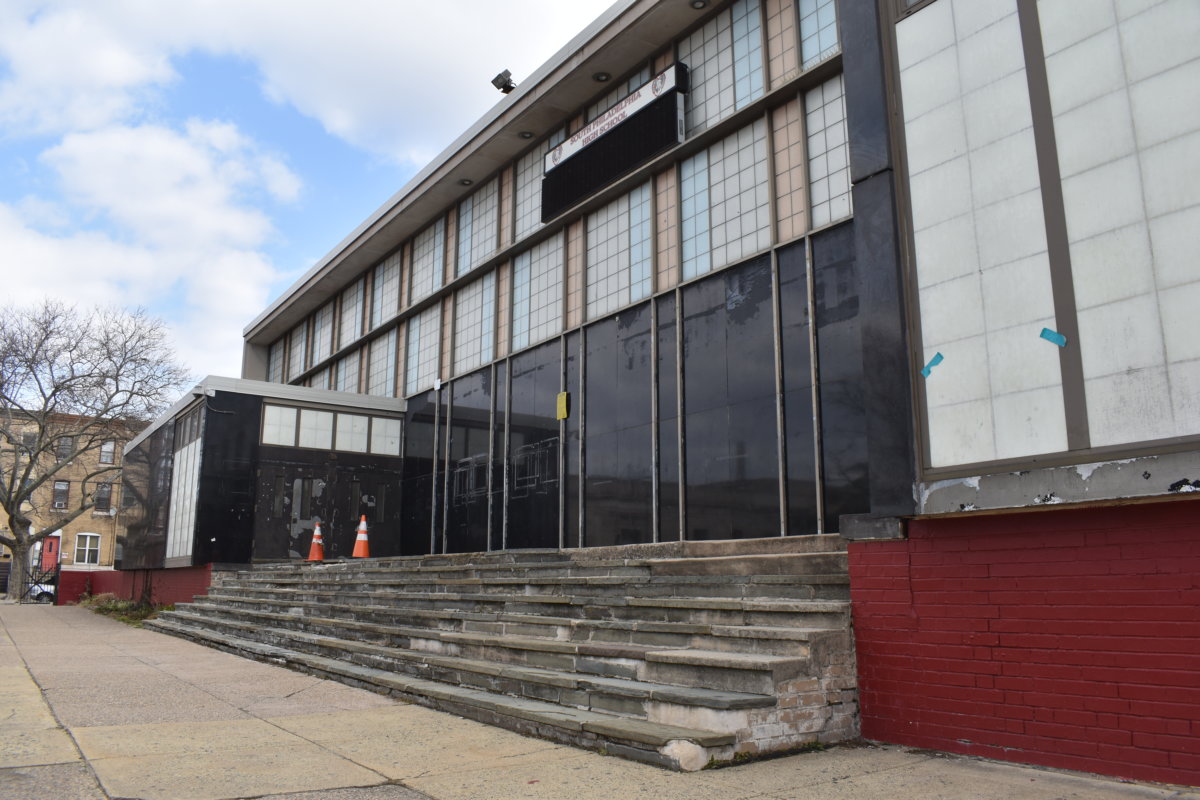OTTAWA – Ottawa Mayor Larry O’Brien has been found not guilty of influence peddling – a verdict that ends an awkward and unseemly two-year spectacle that hung like a dark cloud over the city’s political landscape.
Judge Douglas Cunningham of Ontario Superior Court said he didn’t necessarily believe all of the mayor’s explanations, but would not convict because he had reasonable doubt.
O’Brien was charged after Terry Kilrea, his rival in the 2006 mayoral election, alleged the mayor offered to arrange a National Parole Board appointment in exchange for dropping out of the race.
The judge described Kilrea as a less-than-credible witness, saying he had a habit of drawing incorrect impressions from things people said.
“While I may not entirely believe either one of them I am unable to conclude that I disbelieve Mr. O’Brien,” Cunningham said.
“Even if I were to find Mr. O’Brien’s evidence did not leave me in doubt – which I do not – the evidence of Mr. Kilrea with all its frailties . . . leaves me with reasonable doubt.”
The courtroom burst into applause after the judge delivered his 21-page, hour-long verdict. O’Brien hugged his wife, Colleen, and other relatives and supporters on his way out of the courtroom.
Outside court, the mayor breathed a deep sigh of relief and said he looks forward to getting back to work.
“I am hoping that we can now put this sad ordeal behind us and move forward because there are 141,000 people in the city of Ottawa who voted for me to get to work and that’s what I plan to do.”
He refused to answer reporters’ questions.
The trial involved 16 days of testimony and arguments spread over three months.
The defence closing arguments focused in Kilrea, describing him as “underhanded,” “untruthful” and “vindictive.”
The Crown argued that Kilrea was honest and believable, if unsophisticated about politics.
O’Brien, 60, did not take the stand during the trial, and his legal team attempted unsuccessfully to get the charges tossed after the Crown wrapped up its case.
The courthouse was so crowded Wednesday that a second room with a big-screen TV was opened up so spectators could watch. That room was also packed to standing-room-only capacity.
“This has been an emotional roller-coaster,” O’Brien said afterward. “This has been a very difficult two years …
“I regret that we had to go through that, but quite frankly it was important for me to take this battle and have the truth come out so that I can look at my two boys in the eyes and say that their family name is still what it was before.”
O’Brien was acquitted on one charge of pretending to have influence in exchange for a personal benefit, and on another charge of seeking an appointment in exchange for benefit.
He was charged in December 2007 after Kilrea filed a sworn affidavit with police detailing the alleged offer.
The mayor refused to leave office after he was charged, although he stepped aside temporarily once the trial began.
The accusations rested mainly on Kilrea. He said O’Brien offered to help arrange the parole board appointment if he would drop out to avoid a split among right-wing voters.
After Kilrea left the contest, O’Brien went on to defeat Alex Munter, a former city councillor.
A series of emails between O’Brien and Kilrea was introduced during the trial. In them, the two men discussed the municipal election, Kilrea’s problems with his employer, and decisions both men were making leading up to the campaign, among other issues.
Because the appointment would have been a federal matter, Transport Minister John Baird was pulled into the case.
Kilrea said O’Brien told him that his appointment would be arranged through Baird. The minister, however, testified he was never involved in discussions of an appointment for Kilrea.
Baird, who is also an Ottawa MP, said he was never approached by O’Brien, never discussed the matter in person with Kilrea and did not float the idea past any other federal Tories.
O’Brien’s lawyers tried to get the charges thrown out after the Crown finished its case. They argued that the matter was political, not criminal.
The judge refused to dismiss the case, however. After that, the defence decided not to call any witnesses.
















